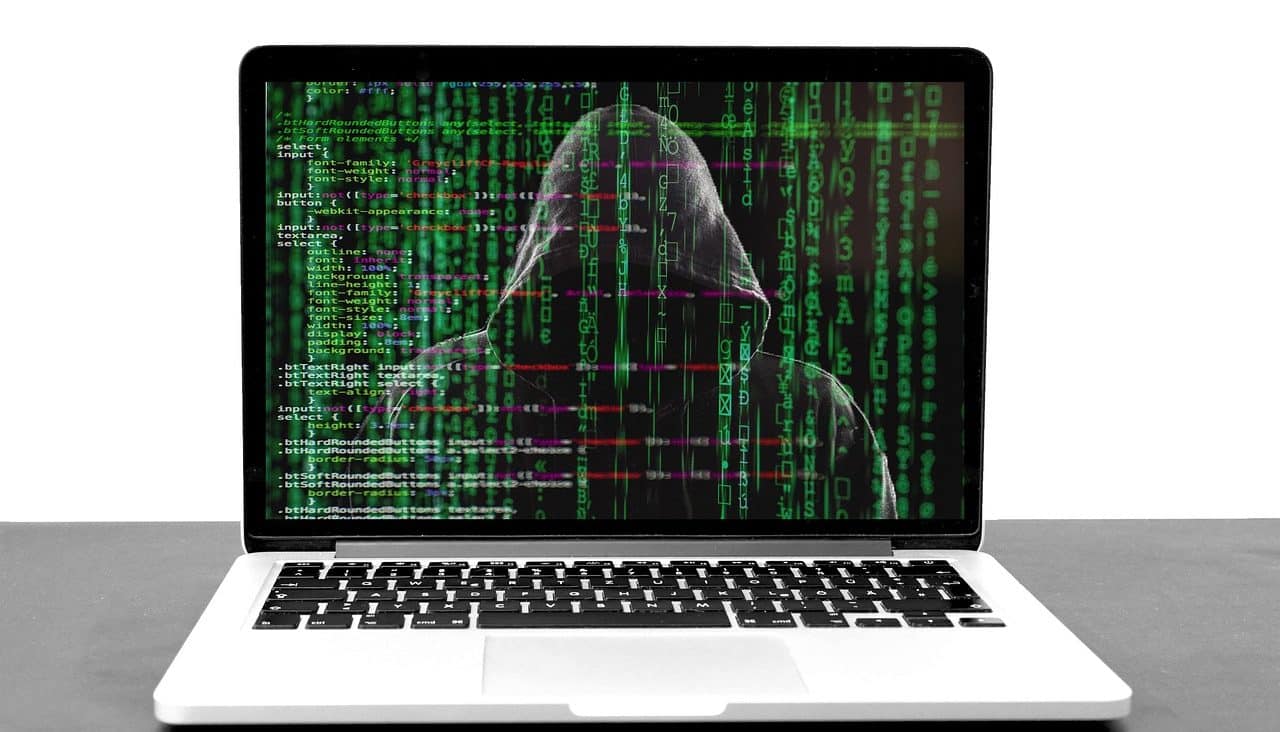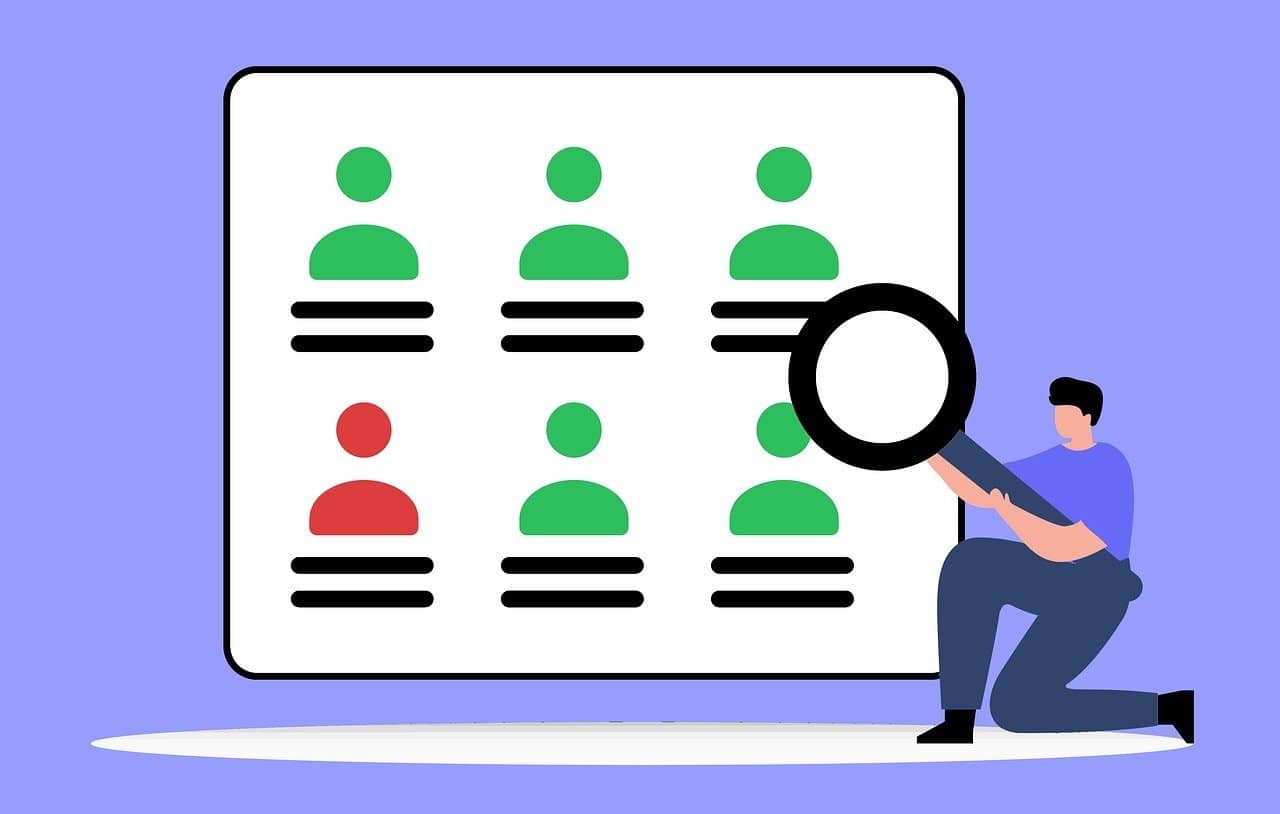
Maintaining anonymity online helps preserve digital identity.
Digital identity is a concept that refers to the set of personal data of an individual that is available on the Internet and that constitutes a kind of description or virtual representation of the subject . This information allows the person in question to be identified and can be used for different purposes.
Before moving forward, it is important to mention that the idea of identity refers to the characteristics that are characteristic of a particular human being, differentiating them from the rest. The term digital , meanwhile, is linked to what produces, exposes, transfers or stores information by appealing to a combination of bits.
Features of digital identity
It can be said that digital identity is what represents an individual in the virtual universe . This image is built from multiple elements.
The online profile and the content published on social networks are the most obvious elements of the digital identity. But the rest of the personal data that is posted on the Web, online comments and even purchases via e-commerce must also be considered since everything contributes to each person's digital footprint .
Digital identity is also associated with the so-called e-reputation : the opinion that other Internet users develop about someone. This construction is collective, subjective and has different effects that must always be considered when disclosing personal data in online communities and on websites.
It can be said that digital identity is the virtual correlate of traditional identity (that is, of "real life" in the physical sense). Personality, interests, opinions and the rest of the factors that define each one are also reflected on the Web.
It must be clear that many data that make up the digital identity are provided consciously, but others are transmitted unconsciously. Typically, when someone completes their public profile on Facebook or shares a family photo on Instagram , they understand that that information will be available to millions of people. However, few Internet users take into account that, by completing registrations in databases (creating users and passwords), making a telemedicine consultation or using online payment systems, digital identity is also established and sensitive information is provided to different companies.

A person's digital identity can be used by criminals for online fraud.
Its importance
Digital identity is of great relevance for multiple reasons. On the one hand, we already made reference to e-reputation , a prestige that is forged at a social level and that can negatively affect a personal and professional level.
Cyberbullying and cyberbullying can be linked to the digital identity someone displays. For example: those who practice cyberactivism can be harassed and persecuted for their opinions. For influencers, to point out another case, online reputation is key.
The information that is part of the digital identity, on the other hand, can be stolen, compromised, or used maliciously through phishing and malware (such as ransomware ).
The right to be forgotten is one of the tools that exist to protect digital identity. Data protection and online privacy can also be improved through various cybersecurity resources.
Some of the advice that specialists provide to protect digital identity are the following:
- Use unique and strong passwords for each account. The ideal is to combine upper and lower case letters, numbers and special characters and not use birthday dates or simple sequences (such as 12345 or abcde ).
- Do not provide personal information unnecessarily.
- Only deliver personal data to trusted platforms that have security mechanisms .
- Keep computer programs and devices used up to date.

Parental control is important to take care of the digital identity of minors.
Examples of digital identity
Let's take the case of a journalist , who builds his public image through the digital identity he shows on X (formerly Twitter ), Facebook and Instagram . This man's work in different social media depends on his credibility. If Internet users notice that you spread false news with deepfake techniques on social networks or that you resort to clickbait (with misleading or sensational titles or headings to get readers to click on a link), your online reputation will be tarnished, as will your professionalism. That is why you have to preserve your digital identity since it is related to your professional career .
Let's now think about a young woman who enjoys streaming live on various networks. Although he does this for entertainment and is part of his personal life, the records that are available to anyone who browses the Web make up his digital identity. If in such content you make offensive comments or adopt behavior that may be controversial or questionable, you will likely have difficulty finding a job. Today, companies usually analyze digital identity before hiring an employee: if they come across material that is not in line with company policies, they are likely to give up hiring.
